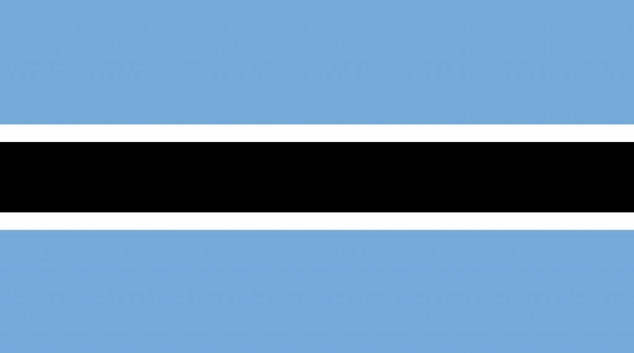
The High Court of the African nation of Botswana has ruled that the country must amend its penal code to strike down sections that criminalise homosexuality.
The unanimous decision ruled that current laws were discriminatory, against public interest and unconstitutional.
Sitting judges declared that “a democratic society is one that embraces tolerance, diversity and open-mindedness” and highlighted that discrimination serves not only to hold back LGBTIQ+ people but that wider “societal inclusion is central to ending poverty and fostering shared prosperity.”
Botswanan transgender advocate and self-described ‘artivist’ Katlego K Kolanyane-Kesupile said that they were happy to see that courts of law have opted to support dignity.
“I am proud that this has happened in my lifetime, and look forward to educating Botswana to fully understand what this means to current and future generations of LGBTIQ people and their families,” they said.
“Justice will always shine brighter in the light than hate.”
Botswana joins Angola, Mozambique, India, Trinidad and Tobago and other countries around the world which have also recently removed relics of colonial law that criminalised same-sex activity.
“Same sex relations are a crime in around 70 countries,” noted Jessica Stern, Executive Director of OutRight Action International.
“Today that number has decreased by one. This achievement is not only testament to the resilience and perseverance of the LGBTIQ movement in Botswana, but also a source of inspiration for LGBTIQ movements across the continent and the world where such laws are still in effect.”
Last month, LGBTIQ+ rights activists in Kenya were struck a blow as the country’s top court ruled that laws criminalising homosexuality were not discriminatory.
Activists had been cautiously optimistic ahead of the decision being handed down by Kenya’s High Court, but their hopes were dashed as the three judges ruled in favour of the current laws.
OIP Staff






